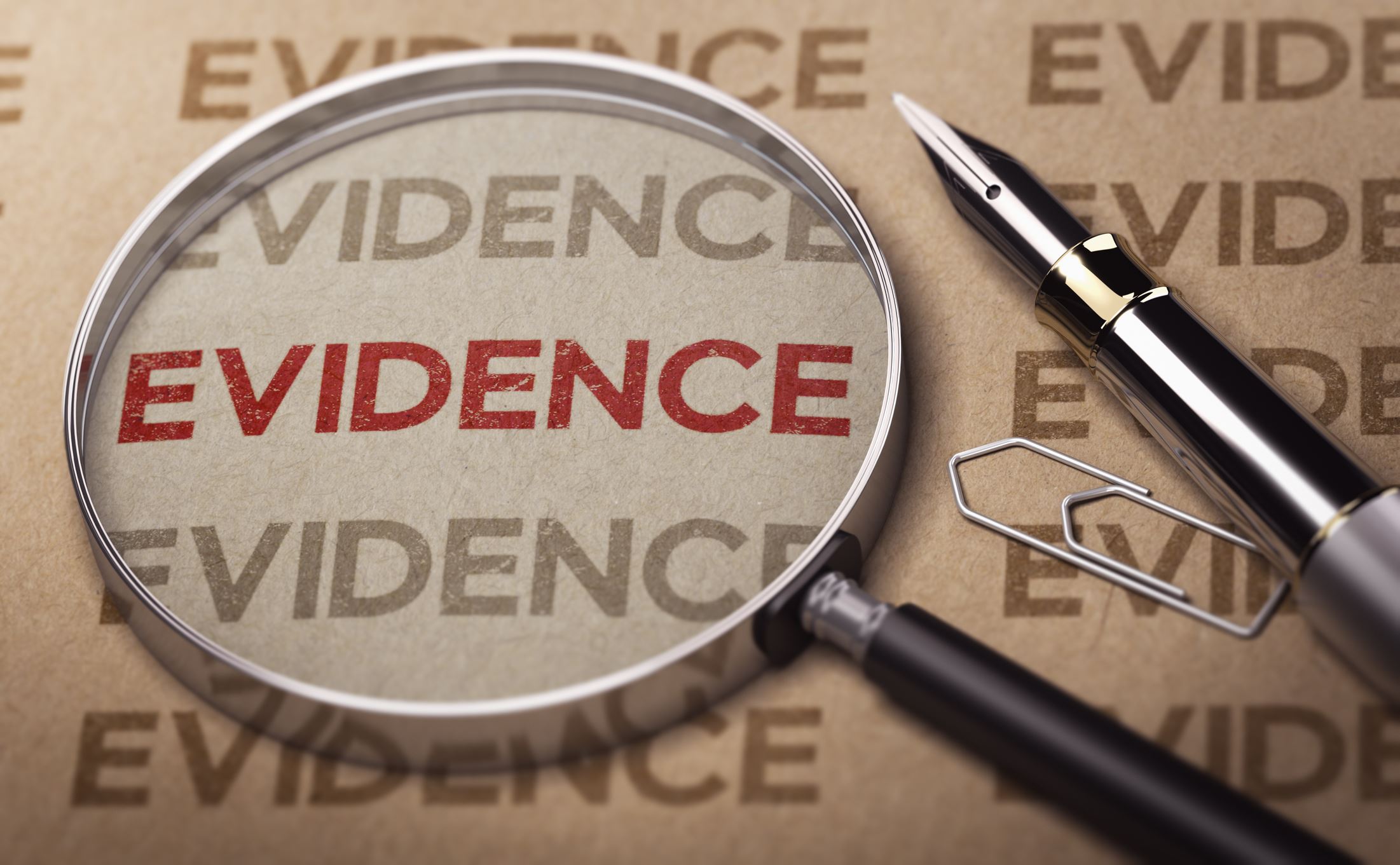How a DUI Lawyer Secrets to Successfully Contesting Traffic Stop Evidence

How a DUI Lawyer Secrets to Successfully Contesting Traffic Stop Evidence
An experienced Atlanta DUI Lawyer can mount comprehensive legal challenges against the State’s evidence, such as blood and breath test results. When searching for an appropriate law firm that specializes exclusively in DUI defense in Georgia, make sure they offer that expertise as part of their services.
An alcohol related DUI conviction in Georgia will remain on your criminal record forever and requires a strong DUI defense strategy in order to mitigate penalties associated with this incident.
1. Review the officer’s notes
Each DUI case presents its own unique set of legal and factual issues that must be carefully addressed for a successful resolution. Hiring an Atlanta DUI Lawyer with experience reviewing all aspects of evidence against you – such as illegally obtained evidence – to review can give your best chance for success at trial.
At first, the initial issue that should be explored is whether police had reasonable suspicion to make a traffic stop. An officer must observe something suspicious or have an articulable suspicion that there has been any illegal behavior – such as driving over the speed limit, racing or failing to signal at an intersection.
A competent DUI attorney should investigate whether an officer read your Miranda rights before asking you to submit to a breath, blood or urine test. They’ll also assess if they followed proper protocol when setting up roadblocks or conducting field sobriety tests; plus determine whether any breath, blood or urine testing took place within Georgia law’s three-hour window for administering such exams.
2. Review the officer’s video
Many officers now utilize body or dash cam footage to document their encounters with drivers. The footage can provide a different perspective than just reading off written reports; additionally, any errors made during arrest procedures could be highlighted through video footage.
Most police departments are overworked and understaffed, leading to mistakes being made during traffic stops. Your Atlanta DUI lawyer will review all evidence from the traffic stop – such as body camera video footage from officers, field sobriety test results, blood alcohol BAC levels (if there was an accident) eyewitness testimony (if relevant) and your breath or blood tests – in order to uncover any procedural flaws which might lead to your case being dropped altogether.
Your attorney will look closely at the officer’s video footage to assess if there was sufficient grounds for an investigation to begin. He’ll observe any physical manifestations observed and assess if he properly administered horizontal gaze nystagmus tests, walk and turn tests or one leg stand tests that are relevant to your case. These small details could make an enormous impactful difference in your case – so when pulled over by law enforcement always strive to be polite and non-disruptive as this will show them respect.
3. Review the officer’s field sobriety tests
Officers typically administer several field sobriety tests as part of an evaluation for alcohol impairment, and use them as evidence against drivers suspected of driving under the influence. Non-standardized evaluations such as touching your finger to your nose, saying aloud the alphabet or counting fingers, hopping and touching one finger on another may all serve as reliable indicators.
Standardized tests like the one leg stand and nine step walk and turn are also effective indicators of intoxication, with officers searching for signs such as starting before being asked, losing balance during testing and failing to follow instructions during it.
Cross-examining an officer at trial to uncover any inconsistencies or biases that might taint his account of events leading up to your arrest can help uncover discrepancies or inequities that might affect their account of what led up to it, while also inspecting whether proper protocol was observed during any traffic stops that led up to your arrest and suppression any evidence introduced inappropriately into your case if it had no probable cause. This becomes especially crucial if the stop was conducted without valid reason for stopping someone, such as an unlawful stop without probable cause being established first.
4. Review the officer’s breath test results
An Atlanta DUI lawyer who specializes in DUI cases can examine complex evidence such as field sobriety tests and breathalyzer results to identify any discrepancies that could weaken the prosecution’s case against their clients.
To have probable cause to stop and arrest you for DUI, an officer must observe behavior which gives him reasonable suspicion that you may be impaired due to alcohol or drugs. They typically look out for signs such as unsteadiness on your feet, slurred speech and red eyes as indicators. Challenging these observations as justification for traffic stops can be one of the most effective defenses against DUI arrest.
Additionally, an officer must have valid reasons to require you to perform a field sobriety test; an experienced Atlanta DUI Lawyer may argue that no valid reason was provided by law enforcement to request this voluntary test. Furthermore, officers must have justifiable reasons for asking you to blow into their portable breathalyzer device (numeric results from portable breathalyzers are admissible as evidence in court proceedings; but officers may testify as witnesses that this device was an approved forensic tool).
5. Review the officer’s field sobriety test results
An arrest for DUI can have far-reaching repercussions in your life, including making it more difficult to secure employment, secure housing or qualify for student loans. A conviction will also likely result in fines and jail time – something Georgia state prosecutors take very seriously when prosecuting DUI charges; having access to experienced legal advice to assist in beating traffic stop cases and defend you is imperative in beating DUI charges effectively.
Police officers typically administer field sobriety tests upon pulling over suspected drivers, including the walk-and-turn test, one-leg stand test and horizontal gaze nystagmus test. To complete a walk-and-turn test successfully the suspect must take nine steps in a straight line without using their arms for balance before turning around and returning home, while for one leg stand testing their leg must be lifted off of the ground approximately six inches before counting aloud aloud.
These tests leave plenty of room for error and can easily be confounded by factors that do not necessarily indicate impairment or intoxication, such as poor weather or road conditions. An aggressive DUI attorney can challenge both the results and administration methods used during tests in court.







